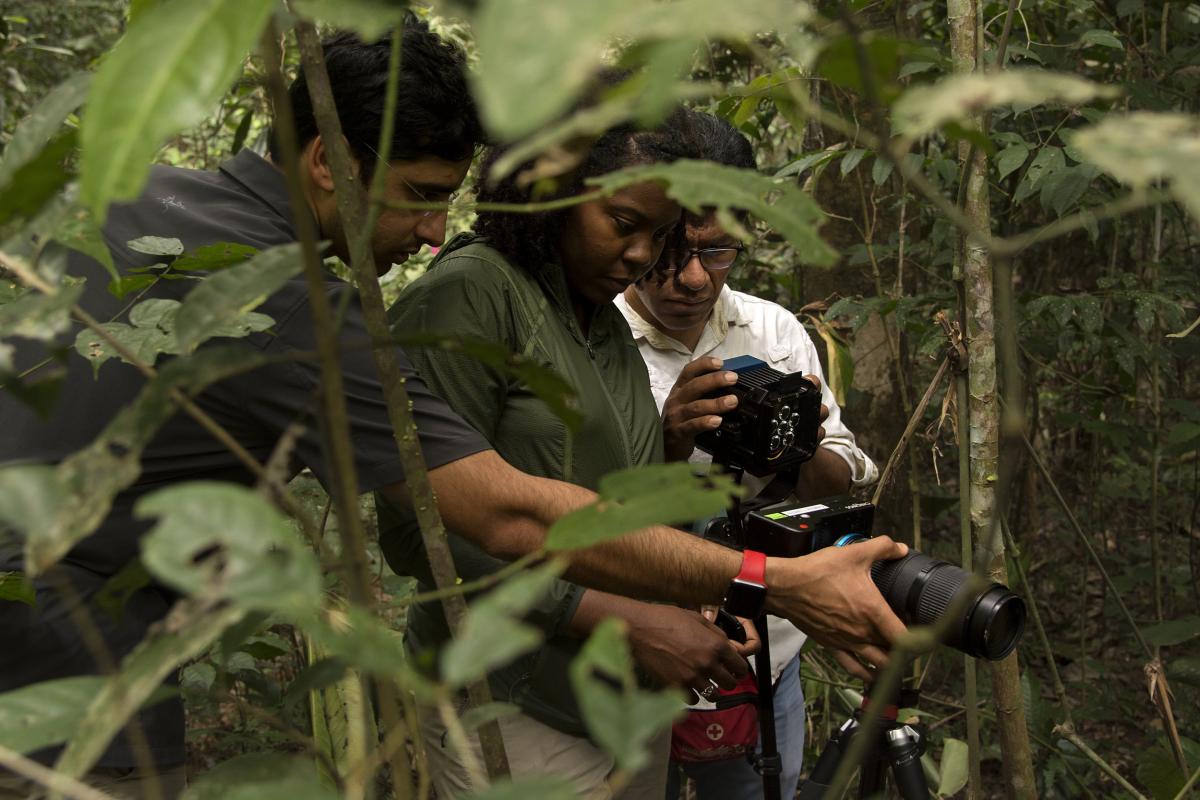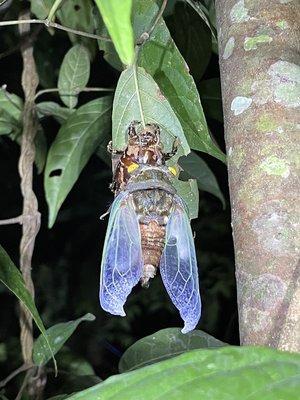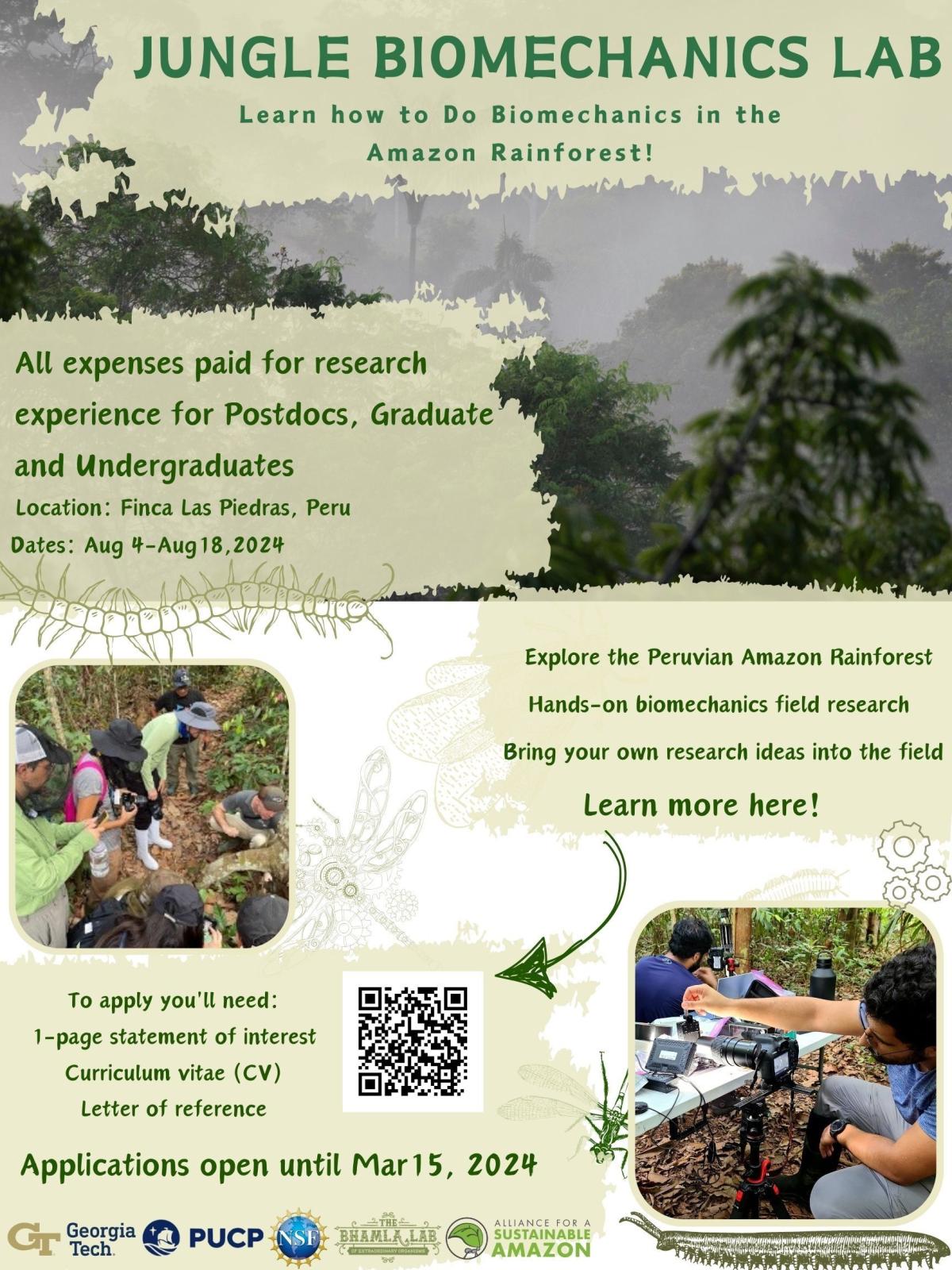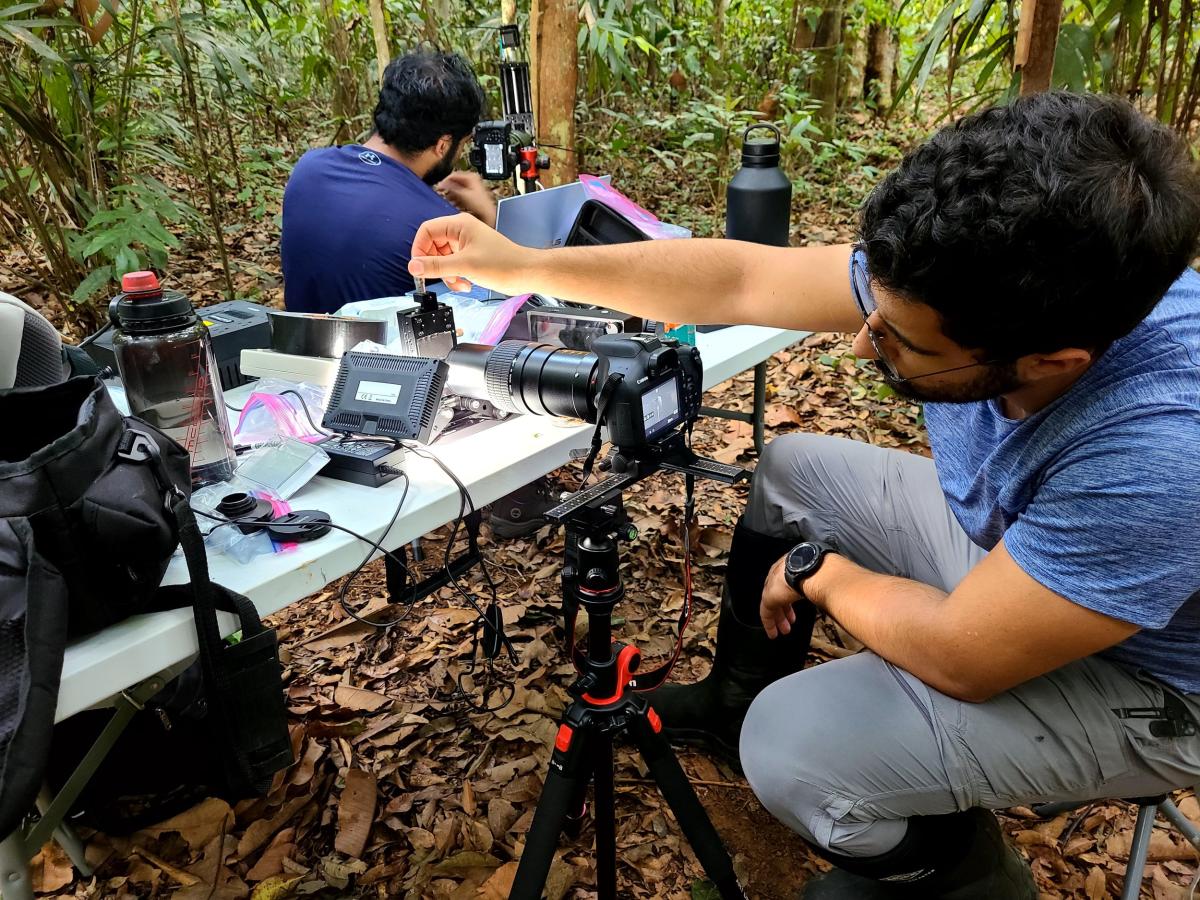
Are you interested in exploring the Amazon rainforest and learning to study the biophysics of organisms in the field? Then you might be a strong candidate to apply for the Jungle Biomechanics Lab, a fully funded experience that will run from August 4-18, 2024, in Finca Las Piedras, Peru.
Run annually by the laboratory of Saad Bhamla, an assistant professor in Georgia Tech’s School of Chemical and Biomolecular Engineering, the Jungle Biomechanics Lab is a two-week field program open to early career scientists (from undergraduates to postdocs).
This two-week, field-research is funded by a National Science Foundation International Research Experiences for Students (NSF IRES) grant, covering the cost of flights, housing, and food for the full trip.
Applications are due March 15 and must include a one-page letter of interest, a curriculum vitae (CV), and one letter of reference.
About six to eight applicants will be selected learn to collect data, run experiments in the field and complete their own project while living at a base camp at the edge of the jungle.
“The Amazon is the largest and most biodiverse rainforest on Earth, and you'll study fascinating systems such as ants, spiders, water striders, snakes, frogs, and more,” Bhamla said. “You'll work alongside a diverse group of scientists, collaborating and learning from each other to make groundbreaking discoveries at the intersection of biology, materials, optics, mathematics, robotics, physics, and engineering.”
After the first Jungle Biomechanics Lab was held in August 2023, one of the participants described the program as “probably my favorite thing I’ve done in my scientific career,” emphasizing the benefit of “close connections with scientists from a range of disciplines who will become future collaborators.”
Jacob Harrison, a postdoctoral researcher in the Bhamla Lab who serves as program manager for the Jungle Biomechanics Lab, said, “We want a good mixture of experience levels and diversity of scientific backgrounds for the 2024 field experience.”
Part of the program involves community outreach (with the help of Spanish translators) with the local community, helping them understand the importance of the lab’s research as well as conversation efforts.


“We have a long-standing relationship with the field station in Peru, which knows what organisms are out there and understands how to conduct field research,” Harrison said.
The Finca Las Piedras camp offers facilities for living and working and is easily accessible from the regional capital, Puerto Maldonado. The camp is in the Madre de Dios region, which is formally recognized as Peru’s “Biodiversity Capital…home to more plant and animal species than nearly else in the country -- and indeed the world,” according to the Finca Las Piedras website.
For more information, contact Jacob Harrison of the Bhamla Lab. Apply here.
